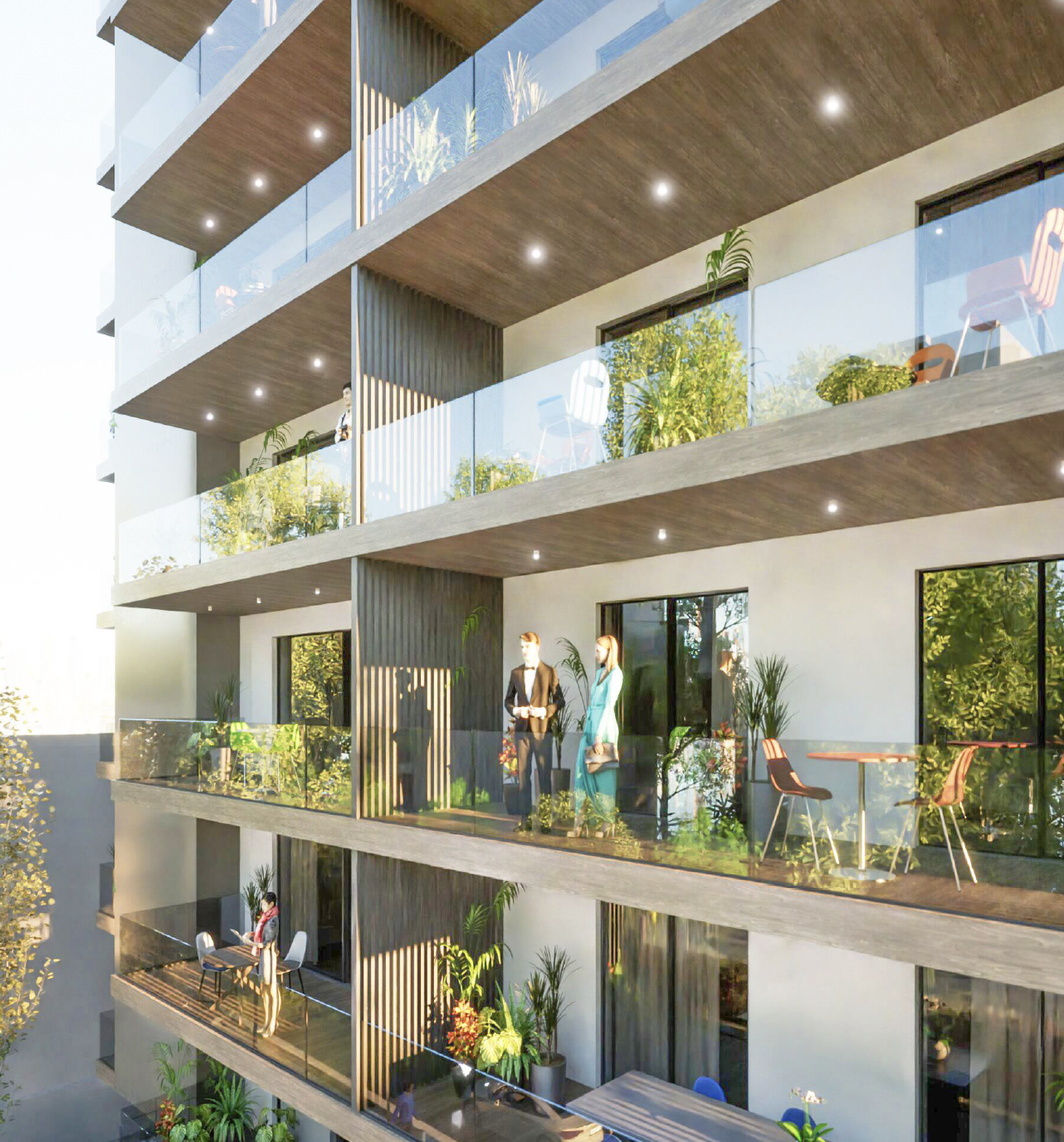Are you dreaming of owning your very own country house? Look no further! In this blog post, we will guide you through all the essential factors to consider to ensure you make the right choice. From location tips, where we’ll explore the best areas to buy a country house, to important legal considerations specific to purchasing in England, we’ve got you covered. We’ll also provide tips on navigating the English country house market, including how to choose the right type of property. So let’s get started on your journey to finding your perfect countryside retreat!
Location Tips for Buying a Country House
When it comes to purchasing a country house, one of the most important decisions you will make is the location. The location of your country house can significantly impact your satisfaction and the value of your investment. Therefore, it is crucial to consider several factors before making a final decision.
1. Proximity to Amenities: Consider the distance to amenities such as grocery stores, medical facilities, and schools. While the charm of a remote countryside location may be appealing, it is essential to ensure that you have convenient access to necessary services.
2. Natural Surroundings: One of the primary reasons for buying a country house is to enjoy the beauty of nature. Consider the natural surroundings of the location, such as the proximity to parks, lakes, or forests. Ensure the area offers the scenery and outdoor activities you desire.
3. Transportation Links: Evaluate the transportation links in the area. Easy access to major roads, highways, or public transportation can enhance your convenience and connectivity to the outside world. Consider the proximity to airports or train stations if you frequently travel or have visitors.
4. Climate and Weather: Research the local climate and weather patterns. Consider your preferences and tolerance for specific climatic conditions, such as extreme cold or heat, rainfall, or humidity. A location with a climate that aligns with your preferences will contribute to your comfort and enjoyment of the country house.
| Factors to Consider | Preferences |
|---|---|
| Proximity to amenities | Convenient access to necessary services |
| Natural surroundings | Scenic beauty and desired outdoor activities |
| Transportation links | Easy connectivity to major roads, highways, or public transportation |
| Climate and weather | Aligns with your preferred climatic conditions |
5. Future Development: Investigate any potential development plans in the area. Find out if there are any proposed construction projects, zoning changes, or infrastructure improvements. Consider how these developments may impact the value of your country house in the long run.
6. Safety and Security: Ensure the location provides a safe and secure environment. Research local crime rates and the reputation of the neighborhood. Consider the availability of emergency services and the presence of neighborhood watch programs.
7. Lifestyle and Community: Evaluate the lifestyle and community of the area. Consider factors such as the demographics, recreational activities, social events, or cultural offerings. Ensure that the location aligns with your desired lifestyle and offers a welcoming community.
In summary, choosing the right location for your country house requires careful consideration. Evaluate the proximity to amenities, natural surroundings, transportation links, climate and weather, future development plans, safety and security, as well as lifestyle and community aspects. Taking these factors into account will help you make an informed decision and find the perfect location for your dream country house.
Factors to Consider when Purchasing a Country House
When purchasing a country house, there are several factors that you should take into consideration to ensure that you make the right decision. Buying a country house can be a significant investment, so it’s important to do your research and consider all aspects before making a final decision.
Location is one crucial factor to consider when purchasing a country house. The location of the property will not only affect its value but also your lifestyle. Think about whether you want to be close to amenities such as shops, schools, and healthcare facilities, or if you prefer a more secluded and peaceful setting. Consider the accessibility of the location, including proximity to public transportation and major roads.
Budget is another important consideration. Before embarking on the house-hunting process, it’s essential to determine your budget and stick to it. Country houses can vary greatly in price, so be realistic about what you can afford. Remember to factor in additional costs such as maintenance, insurance, and potential renovations or repairs.
Size and Layout are also crucial factors when purchasing a country house. Determine the size of the property that suits your needs and those of your family. Consider the number of bedrooms, bathrooms, and living spaces you require. Additionally, think about the layout of the house and whether it aligns with your preferences and lifestyle.
Factors to Consider when Purchasing a Country House:
- Location: Choose between convenient amenities or a secluded setting.
- Budget: Determine your financial limits and consider additional costs.
- Size and Layout: Determine the appropriate number of bedrooms, bathrooms, and living spaces.
| Factor | Location A | Location B | Location C |
|---|---|---|---|
| Price | High | Medium | Low |
| Proximity to Amenities | Close | Medium | Distant |
| Size | Large | Medium | Small |
How to Choose the Right Type of Country House
Choosing the right type of country house can be an exciting and challenging process. Whether you are looking for a peaceful retreat in the countryside or a holiday home, there are a few factors that you need to consider before making your decision.
1. Location: The first thing to consider when choosing a country house is the location. Do you want to be close to amenities such as shops, schools, and hospitals? Or do you prefer a more secluded and peaceful setting? Think about the type of lifestyle you want to enjoy in your country house and choose a location that aligns with your preferences.
2. Size and Layout: The size and layout of the country house are also important considerations. Do you need a large property with multiple bedrooms for family gatherings? Or are you looking for a cozy cottage for a romantic retreat? Consider your current and future needs to determine the size and layout that will best suit you.
3. Amenities and Features: Another important factor to consider is the amenities and features that the country house offers. Do you want a swimming pool, tennis court, or a large garden? Think about the activities you enjoy and the amenities that will enhance your country living experience.
4. Maintenance and Accessibility: It’s essential to consider the maintenance and accessibility of the country house. Are you willing to invest time and effort in maintaining a large property? Or would you prefer a low-maintenance house? Also, think about access to the property. Is it easily reachable by car, and are the roads well-maintained?
Choosing the right type of country house requires careful consideration of your preferences, needs, and lifestyle. By taking into account factors such as location, size and layout, amenities and features, and maintenance and accessibility, you can make an informed decision that will result in a fulfilling country living experience.
Important Legal Considerations when Buying in England
When it comes to buying a country house in England, there are several important legal considerations that need to be taken into account. These considerations are crucial to ensure a smooth and legally sound purchase process. Whether you are a first-time buyer or an experienced investor, it is essential to understand the legal aspects involved in purchasing a property. In this blog post, we will explore some key legal factors that should be considered when buying a country house in England.
One of the first legal considerations to take into account is the conveyancing process. Conveyancing is the legal process of transferring the ownership of a property from the seller to the buyer. It involves various legal documents and searches to ensure that the property is free from any potential issues or liabilities. Hiring a professional conveyancer or solicitor who specializes in property law is crucial to ensuring a smooth and efficient conveyancing process.
Another important legal consideration when buying a country house in England is the title deeds. Title deeds are legal documents that prove ownership of a property. It is essential to thoroughly examine the title deeds to check for any restrictions, covenants, or easements that may affect the property. Additionally, conducting a Land Registry search can provide further information about the property and its boundaries.
Furthermore, it is crucial to be aware of the planning permissions and building regulations associated with the country house you intend to purchase. Planning permissions and regulations dictate what can and cannot be done with a property in terms of development, alterations, or extensions. Before finalizing the purchase, it is advisable to consult the local planning authority to ensure that the property is compliant with the appropriate permissions and regulations.
In conclusion, buying a country house in England involves various important legal considerations that should not be overlooked. The conveyancing process, title deeds, planning permissions, and building regulations all play a significant role in ensuring a legally sound and hassle-free purchase. It is highly recommended to seek professional advice from conveyancers, solicitors, and planning authorities to navigate through the legal intricacies and protect your interests when buying a country house in England.
Tips for Navigating the English Country House Market
When it comes to navigating the English country house market, there are several important tips to keep in mind. Whether you’re a first-time buyer or an experienced investor, understanding the complexities of this unique market is essential for making wise purchasing decisions. In this blog post, we will discuss some key factors to consider and provide invaluable advice for successfully navigating the English country house market.
Research and Location: Before diving into the country house market, it’s crucial to conduct thorough research and determine what location suits your needs and preferences. England offers a wide array of stunning countryside settings, each with its own unique charm and attractions. Consider factors such as proximity to amenities, transportation links, schools, and recreational facilities to ensure that the location aligns with your lifestyle requirements.
Engage with Professionals: To navigate the complexities of the English country house market, it’s highly recommended to engage with experienced professionals, such as estate agents and solicitors. These experts possess a deep understanding of the market and can provide invaluable guidance throughout the buying process. Seek recommendations from trusted sources or consult online platforms that specialize in country house transactions.
Consider Financial Implications: One of the most critical factors to consider when navigating the country house market is the financial implications. Besides the purchase price, it’s essential to account for additional expenses such as stamp duty, surveys, legal fees, and ongoing maintenance costs. Determine your budget beforehand and consult with a financial advisor to assess your affordability and explore financing options that best align with your circumstances.
Useful Resources:
- Country House Listing Websites: Utilize online platforms specializing in country house listings to explore available properties in your desired location. These websites often provide comprehensive details, including property specifications, photographs, and contact information for estate agents.
- Country House Market Reports: Stay informed about the latest trends and developments in the English country house market by reading market reports. These reports provide insights into property prices, market fluctuations, and emerging investment opportunities.
- Networking Events: Attend networking events and exhibitions focused on the country house market. These events bring together buyers, sellers, and industry professionals, providing an excellent opportunity to gain knowledge, make connections, and stay updated on market trends.
In Conclusion: Navigating the English country house market requires careful consideration of various factors, ranging from location and research to financial implications and engaging professionals. By following these tips and utilizing the available resources, you can make informed decisions and ensure a successful and satisfying buying experience in the country house market.
Frequently Asked Questions
1. What factors should I consider when purchasing a country house?
When purchasing a country house, there are several factors to consider, such as location, size of the property, amenities and facilities available, proximity to essential services, and the overall condition of the house. It’s also important to consider your budget, future plans for the property, and any specific requirements or preferences you may have.
2. How do I choose the right type of country house?
Choosing the right type of country house depends on your personal preferences and needs. Consider the architectural style, layout, and design of the house, as well as the surrounding landscape and environment. Think about whether you prefer a secluded retreat, a farmhouse with acreage, or a historic estate. Take your time to research and explore different options before making a decision.
3. What are some important legal considerations when buying a country house in England?
When buying a country house in England, it is important to consider legal aspects such as title deeds, planning permissions, any restrictions or easements on the property, as well as any legal requirements for renovations or modifications. It’s advisable to work with a qualified solicitor or conveyancer who can guide you through the legal process and ensure all necessary checks and precautions are taken.
4. What are some tips for navigating the English country house market?
Navigating the English country house market can be complex, but there are some tips that can help. Start by identifying your priorities and creating a clear budget. Research different areas and attend property viewings to get a feel for the market. It’s also beneficial to work with a reputable estate agent who specializes in country homes. They can provide valuable insights, negotiate on your behalf, and assist with the buying process.
5. What are some location tips for buying a country house?
When considering the location for your country house, think about proximity to amenities such as schools, shops, medical facilities, and transportation links. Consider the accessibility of the area and the ease of travel to and from major cities or towns. It’s also worth exploring the local community, countryside attractions, and recreational activities available in the area.
6. What type of amenities should I look for in a country house?
The amenities you should look for in a country house depend on your preferences and lifestyle. Some common amenities to consider include spacious gardens or grounds, outbuildings or barns that can be converted, a swimming pool, tennis court, or a dedicated space for hobbies or outdoor activities. It’s important to prioritize amenities that align with your needs and interests.
7. How can I ensure my country house appears higher in Google search results?
To increase the chances of your country house appearing higher in Google search results, there are a few strategies to consider. Make sure your website or listing includes relevant keywords, high-quality images, and detailed descriptions of the property. Optimize your content for SEO by creating informative and engaging blog posts, and by building backlinks from reputable websites. Utilize social media platforms to share and promote your country house listing as well.
EDITOR
Categories
Recent Articles

NotteGlobal’s May 2024 Real Estate Report: A Comprehensive Analysis of Turkey’s Market Trends
June 22, 2024

New Immigration Policy in the US: A Major Step for Family Unity
June 21, 2024

Second Largest Investor Group in Greece: Turks
June 14, 2024

Exploring the Hidden Gems of Athens Riviera: A Guide to Luxurious Neighborhoods
June 3, 2024

Economic Stability and Growth in Turkey
May 31, 2024

Turkey’s Housing Sales Statistics for April 2024: A Comprehensive Analysis
May 24, 2024

BNP Paribas Forecasts End-of-Year USD/TRY Rate
May 3, 2024

Significant Updates to the Greece Golden Visa Program in 2024
April 29, 2024

€800,000: New Threshold for Greece’s Golden Visa
February 10, 2024

Golden Visa for Spain
December 27, 2023


